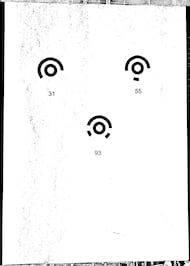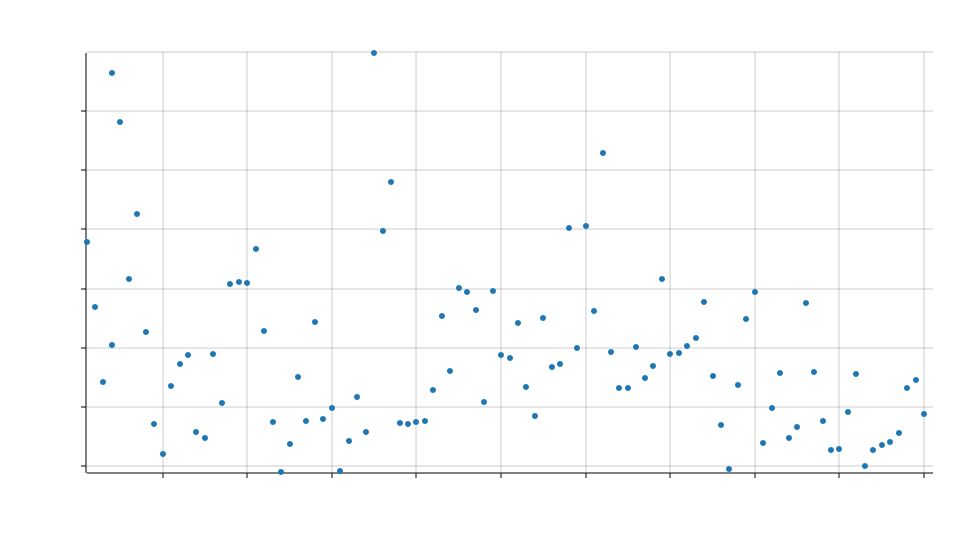1 unstable release
| 0.1.0 | Oct 21, 2022 |
|---|
#886 in Images
Used in tangibl
32KB
619 lines
TopCodes in Rust
This is a direct reimplementation of TopCodes in Rust. The original source by Michael Horn can be found here.
Using the image crate, the scanner can be used as follows:
use image::io::Reader as ImageReader;
let (mut scanner, buffer) = {
let img = ImageReader::open("assets/photo.png")
.unwrap()
.decode()
.unwrap();
let (width, height) = (img.width() as usize, img.height() as usize);
let buffer = img.into_rgb8().into_raw();
(Scanner::new(width, height), buffer)
};
let topcodes = scanner
.scan(&buffer, |buffer, index| {
(
buffer[index * 3] as u32,
buffer[index * 3 + 1] as u32,
buffer[index * 3 + 2] as u32,
)
});
You are free to use any abstraction as long as you can provide the scanner with a reference to the raw image buffer (currently assumes an RGB [u8] slice).
Demo
An example using this library in WASM can be found in the topcodes-wasm-rs repository.
Thresholding
For a peak into how the scanner works, we start with an image such as the following:

It runs the thresholding algorithm which produces the following data in the alpha channel (visualized as a greyscale image):

Scanning
After the thresholding, TopCodes are determined from this black and white map. First the candidate TopCode is ensured not to overlap existing TopCodes (opportunity for a BVH or similar data structure to determine collisions quickly), then unit size (width of ring) is determined, and finally the actual code is determined. There is a checksum to ensure that the code's number of 1's bits is equal to five to reduce the number of valid TopCodes (and thus decrease the error rate).
Performance
The benchmark below uses the assets/photo.png image and is performed on a
computer with the following specs:
CPU: Intel Core i7-9700K @ 3.60 GHz RAM: 16.0 GB
While performance benchmarks aren't entirely reliable, this will help with development moving forward as I don't want to regress accuracy or performance for an improved API.
Plans
The goal of this package is to be as agnostic of the platform as possible. All dependencies that are not explicitly required will be feature-gated to ensure that the default dependencies of this project are as close to zero as possible. Ideally, this version of the project should be able to run on most/all platforms that are supported by Rust out of the box.
I plan to create a separate repository for providing a dynamic library from this source, so that it can be pulled in from other languages, as well.
Dependencies
~0–0.9MB
~12K SLoC

